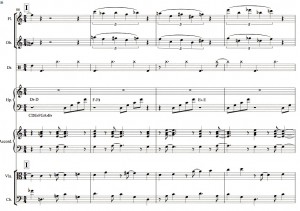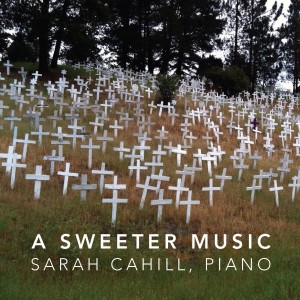I will be spending next week in warm, sunny Long Beach, California, at the Fourth International Conference on Minimalist Music, sponsored by the Bob Cole Conservatory at Cal State Long Beach. It’s the great biennial social event of my life, and I wouldn’t miss it for the world. I’m delivering my paper “‘Eventfulness Is Really Boring’: Robert Ashley as Minimalist” on Saturday morning, October 5, at the 11:30 session, and there’s another Ashley paper as well, by Charissa Noble. In addition, on Oct. 3 pianist Bryan Pezzone is giving a piano recital of composers associated with the Cold Blue label, and something of mine is included. I have no idea what, because they’ve never contacted me. It’ll be a nice surprise, and an honor, which I hardly deserve, because even if I do perversely consider myself a minimalist, I could hardly argue with those who insist that I’m not. (To be more exact, I swerve between postminimalism and totalism, depending on the medium.)
I’ve decided every book I write will provide my material for the subsequent minimalism conference. So look forward to the 2015 event, at which I will undoubtedly present “Charles Ives as Minimalist.” I can make the case!
UPDATE: The complete schedule of papers for the conference is up here, with the individual titles and presenters at the bottom of the page.


